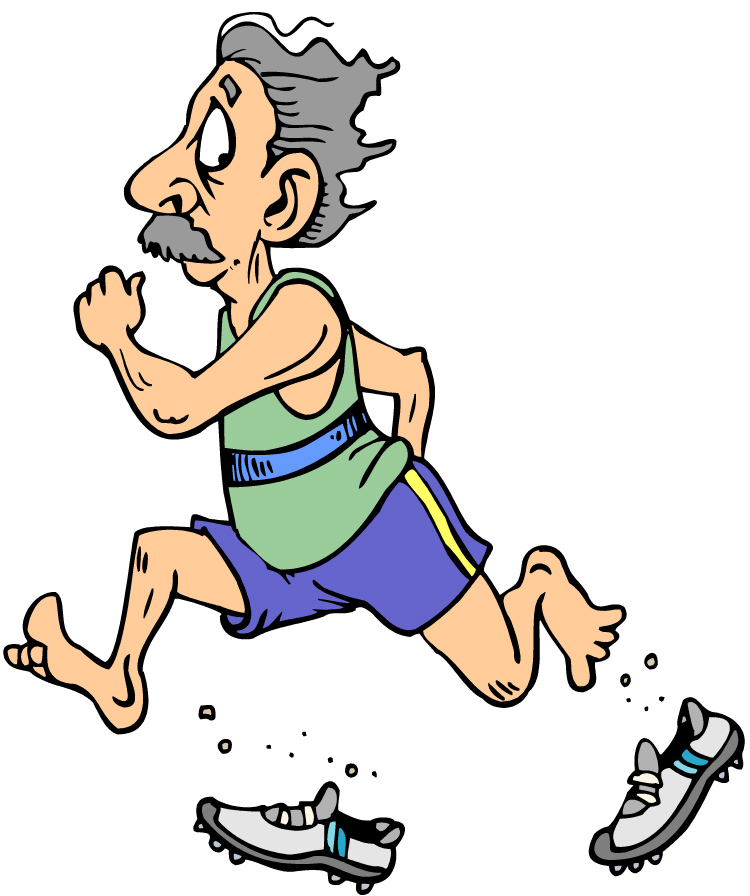There is probably no doubt that Arthur Lydiard was one of the most influential running coaches and his work is well known and adapted by most running coaches. What is less well known is his views on running shoes.
He has often been cited as being a advocate of minimalist running shoes by those who promote that form of running. In most of his books he advocated for the use of padding in running shoes to reduce impacts: “…check that they have good rubber soles that will protect you from the impact..” (pg 7; Run, the Lydiard Way; 1978) and “Well-rubbered shoes are essential to eliminate jarring effects” (pg 212; Run, the Lydiard Way; 1978). He also believed that forefoot strikers were “more susceptible to foot troubles” (pg 116; Run, the Lydiard Way; 1978) than those who flat-foot or heel strike. In an interview with the website RunWashington, he went on to say “We like flexible shoes, to let your foot function. Shoes that let your foot function like you’re barefoot – they’re the shoes for me, as long as they have some rubber underneath to alleviate the jarring.”
Based on this, Arthur Lydiard believed that the foot should function like it was barefoot, but with padding needed to absorb the impacts.

In late 1960’s Arthur Lydiard teamed up with the EB Shoe Company that is based in Germany to produce two shoes that were called the Lydiard Marathon and Lydiard Road Runner . He also did a collaboration with Converse in the mid 80’s to produce a lightweight, but still padded under the heel running shoe
